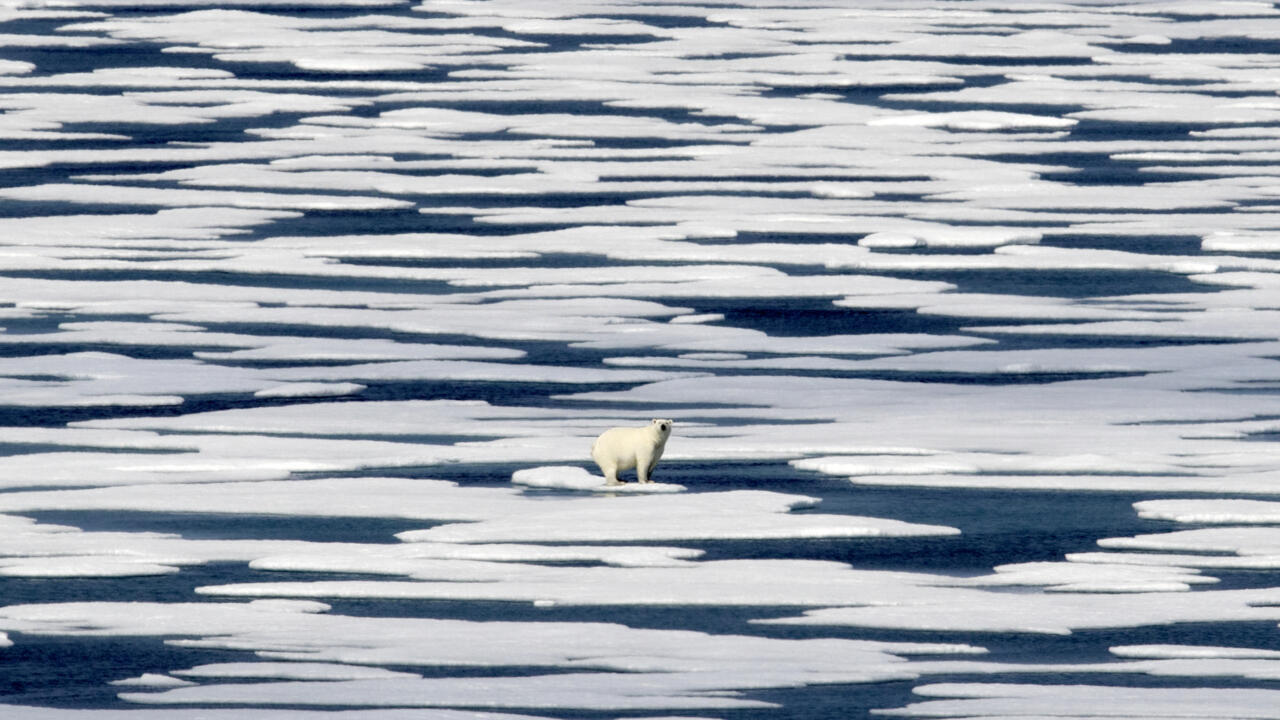A one-of-its-kind study, Finland’s government-commissioned “Report on the Future” outlines four different scenarios for the state of the world in 2045, ranging from a future dominated by tech giants to one in which old alliances have collapsed and war has become the new normal.
Issued on: 26/09/2025 – (France24.com)

Finland this month published a 171-page “Government Report on the Future” detailing its forecasts for the world over the next two decades.
Issued every four years since 1993, the report is designed to serve as a strategic tool for Finnish lawmakers and ministers in their decision-making processes.
This year’s edition looks ahead to 2045, and outlines four scenarios that are considered the most likely – depending on the actions governments take in the next few years.
“The report works as a reminder of the things we need to get right now, in order to get the best future,” Jaana Tapanainen-Thiess, chief specialist and secretary general of the Government Report on the Future at the Finnish prime minister’s office, explains.
These are the four key scenarios outlined in the report:
- A world of cooperation
The rosiest of the four, this scenario envisions a world defined by peaceful cooperation on pretty much all levels – across borders and between governments and NGOs.
“The rules-based international order has been strengthened and both societal and global problems have been successfully resolved,” write the authors of the report, who are all civil servants.
In this scenario, the transition to a green economy has spread across the world “in a fair manner”, and the European Union is a “strong geopolitical actor and global trailblazer”. The sustainable and human-centred use of technology has also helped stimulate economic growth.
READ MOREChina announces plans to significantly reduce greenhouse gas emissions
In the United States, society is less polarised and political parties have overcome their main differences. In China, the government has eased its control of society, and in Russia, democracy has made a comeback as federal and regional institutions have been strengthened.
The only risk with this scenario, the report states, is that the strong sense of security could result in complacency – and governments failing to prepare for the future.
- A world of tech giants
This is where the Amazons and Nvidias of the future set the agenda. It’s a slightly more worrying scenario, in which tech moguls sit not only on huge wealth but also on masses of data, and can thereby influence the world.
If these tech giants go unchecked, the report warns, they will “create their own conditions to dominate the system, eroding democracy in many countries”.
China is predicted to be “self-sufficient in almost all critical technology and production sectors”, the US is seen as losing some of its edge, and Russia is forecast to have no tech giants of its own.
In this context, “It is extremely important to strive for a place among the winners,” the authors write, noting that a tech-driven world will widen inequalities.
On the upside, new technologies are expected to result in huge strides in productivity, contribute to crime prevention, and bring about a more sustainable economy that is less reliant on fossil fuels.
READ MORESails, batteries and AI: What a green revolution in maritime transport might look like
- A confrontational world
This scenario envisions a world of tight-knit alliances built around national – rather than global – interests, in which rival blocs battle for control over natural resources, technological supremacy and geopolitical influence.
“In the Arctic, competition between the blocks has hardened. Around the world, crises and conflicts are escalating. The global economy is becoming regionalised,” writes the report.
Furthermore, “the climate crisis is causing significant economic consequences for everyone” as well as “significant migration to Europe”.
The EU is described as a “fortress under attack”, China as “unpredictable”, the US as powerful, and Russia as “putinistic” and aggressive.
- A crumbling world
The worst-case scenario describes a world mired in chaos, internal conflicts and rampant authoritarianism, in which global warming has become irreversible.
“The ecological collapse is simultaneously eroding the social and economic order. The global economy is in crisis, and trade wars and bloc politics have become the norm. Living standards are declining in Western countries, while the most vulnerable nations are collapsing and extreme poverty is on the rise.”
The climate crisis leads to large-scale migration, the report states, and multilateral blocs and alliances like the European Union and NATO have collapsed.
The US is living its “worst nightmare” having lost its global pre-eminence and turned “inwards”. China, meanwhile, is “paralysed” by its many internal conflicts, and Russia has gone full-blown fascist.
- Wild cards
The report also lists a number of so-called “wild cards” – unexpected events that could radically change the world’s prospects in both positive and negative ways.
One such development is an “African economic miracle” driven by improved governance, population growth and abundant natural resources.
Another is a new Ice Age in Europe, triggered by climate change and the collapse of the Gulf Stream ocean current. In this case, “Average temperatures in Europe fall by around 5 degrees Celsius. This results in longer, colder winters, shifts in climate and cultivation zones, rivers freezing, disruptions to transport infrastructure and increased energy consumption.”
The report explores the possibility of extreme longevity, in which medical breakthroughs make it possible for people to live to 160, leading to consequences “for social systems, politics, mindsets and more”.
Other wild cards include the end of free internet, a new space race or the collapse of Russia as we know it.
Finland is the only country that issues a government report of this kind. It is often held as a benchmark by other countries and international organisations like the EU, the United Nations and the World Economic Forum.
